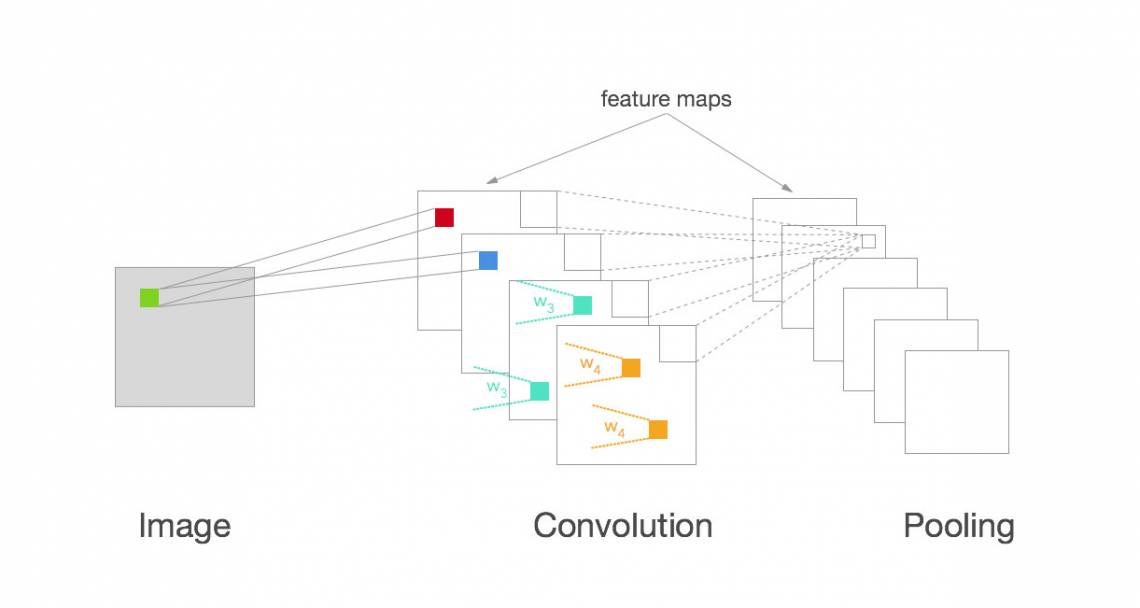+DataScience Wants to Put the Power of Machine Learning in Everyone’s Hands
Educational effort to encourage data science thinking in all areas of campus

You may flinch a bit when a colleague drops the phrase “convolutional neural network.” But soon, Duke officials hope, everyone on campus will at least be familiar with the language of data science, if not its practice, and able to see its promise for advancing their own work.
“It’s hard to work today without some understanding of data science,” said Vice Provost for Research Larry Carin. “It will become increasingly difficult for people to not have some understanding of data science.”
At a kickoff luncheon this week in the JB Duke Hotel, Carin, Provost Sally Kornbluth and other campus leaders unveiled a new campus-wide effort called + Data Science -- “plus DS” for short -- that they have launched with the School of Medicine.
The aim is to make everyone at Duke more comfortable with the power and promise of data science and better able to apply its tools to their own work. The +DS effort also should spawn more opportunities for students to engage in project-based learning and open opportunities for more undergraduates to be involved in Duke Health research, Carin said. “The concept is ‘anything at Duke, PLUS data science,’” said Carin, who led the formation of the new effort. “We’re trying to direct this toward any smart person – anybody at Duke.”
To achieve that goal, there are two initial parts to +DS: short online modules delivered via Coursera to bring everyone up to speed, and in-person meetings around specific topics that might benefit from data science thinking.
“Data science is fundamental to so many things, but not everyone is going to be a computer scientist,” said Carin, a world authority on machine learning. “The English department will not use data science the same way as the statistics department.”
The important thing is to have everyone on campus thinking about what can be done with neural networks and machine learning tools. “These are data science modules that anybody could use regardless of their background,” Kornbluth said at the kickoff meeting.
“There’s a huge appetite for this,” said Erich Huang, co-director of The Forge, the School of Medicine’s data science effort.
In medicine, machine learning and artificial intelligence give clinicians the ability to sift through huge collections of somewhat disorganized patient data to look for patterns that will lead to better care, Huang said. The traditional, carefully controlled clinical trial is an experimental approach and has some shortcomings. Applying data science tools to real-world data may turn up more useful insights, he said.
“It is not possible for the human brain to integrate the amount of information needed to make informed decisions in medicine,” Forge director Robert Califf told the kickoff meeting.
“But you can’t just flip on a switch and say we’re doing data science,” Huang said. “You have to have a culture of people thinking about it.”
The +DS set of on-line tutorials is specifically designed to help newcomers to data science get up to speed and “level-set” for the conversations to follow.
“We’re not expecting people to become experts,” Huang said. “But this should give clinicians the ability to think, ‘Oh, wait, I can do this.’ They might not even realize there’s an opportunity there.”
The second part  of +DS is a series of two-hour, “in-person learning experiences” to bring groups together around specific topics that might benefit from data science. These meetings are not classes or workshops, Carin said. They’re something different.
of +DS is a series of two-hour, “in-person learning experiences” to bring groups together around specific topics that might benefit from data science. These meetings are not classes or workshops, Carin said. They’re something different.
The current in-person experience offerings include sessions on image analysis and natural language processing as well as introductions to a deep-learning platform from Google called TensorFlow. Carin said the +DS effort is actively soliciting ideas for other in-person sessions.
“We want to try to deliver education in-stride,” Carin said. “We’ll do it without having to go to traditional models of educational delivery. We think this is an opportunity for innovation and a new way of learning as well.”
Eventually, these programs might even be taken on the road for Duke alumni groups to participate in, Carin said. Five years from now, “we have what I hope is a data science culture at Duke. What that would mean is that doing data science is just a part of what we do, like using a cell phone.”